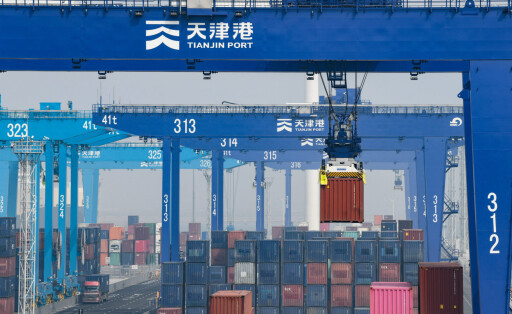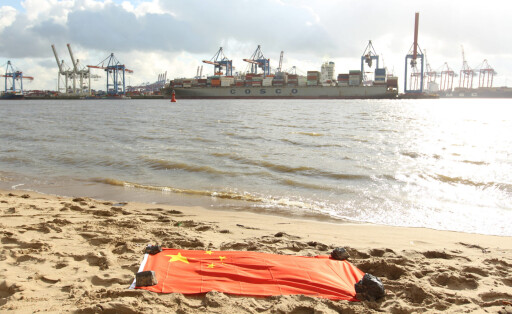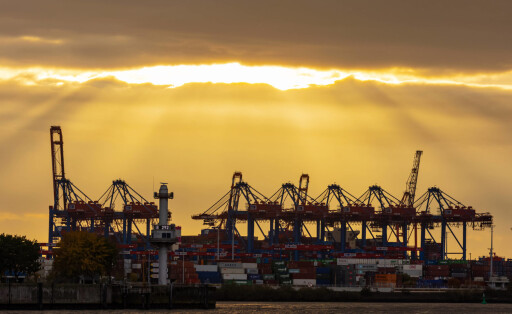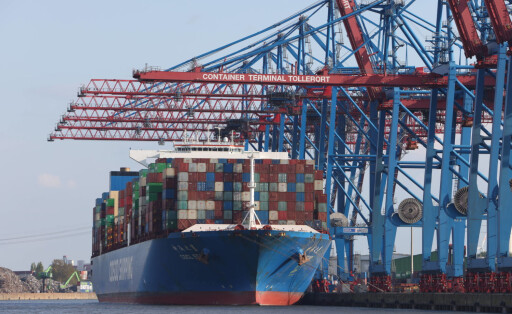


One concern in connection with the sale of shares in a terminal of the port of Hamburg was that German logistics know-how could flow to China. However, the most innovative ports are located in the People's Republic – first and foremost the port of Tianjin.
By Frank Sieren

Against all odds, Scholz pushed through the port deal with Cosco in Hamburg. This cost him significant political capital in the governing coalition and the federal states. He even angered the city's sinologists, who are usually rather reserved on political issues. Meanwhile, business representatives warn against "China-bashing".
By

Following China.Table's exclusive coverage of a compromise on Cosco's stake in the port of Hamburg, the discussion about Chinese investments is heating up. Politicians of various groups are calling for more distance from China. Meanwhile, the Port of Duisburg also has to answer for its relationship with Cosco.
By

The dispute over the planned stake of the Chinese state-owned company Cosco in a container terminal at the Port of Hamburg is coming to a head. Both the Green Party and the opposition increase the pressure on Chancellor Olaf Scholz. But it appears he wants to sit out the conflict.
By Michael Radunski

After massive criticism of the sale of shares in the Port of Hamburg to the Chinese state-owned company Cosco, a last-minute compromise now seems imminent. According to the compromise, the Chinese side would take a smaller share in the terminal and thus settle for minor influence. At the same time, Germany wants to push for a "European port initiative" to prevent China from playing European port locations off against each other.
By Frank Sieren




The Chinese shipping company Cosco wants to buy a stake in the Port of Hamburg. Economically, it would mean a powerful alliance between the world's fourth-largest shipping company and Europe's third-largest port. But experts warn about potential ulterior motives from Beijing.
By Michael Radunski